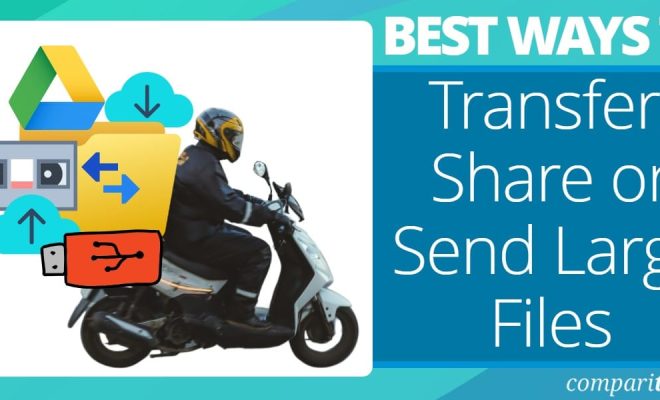Nigerian Prince Scams: What Are They and Why Aren’t You Rich?

Experts estimate that Nigerian prince scams have stolen millions of dollars from unsuspecting victims over the years. In this article, we’ll take a closer look at these scams, how they work, and why you haven’t become rich from them.
What are Nigerian prince scams?
Also known as 419 scams, after the section of the Nigerian Criminal Code that deals with fraud, these scams involve an email or letter from someone claiming to be a Nigerian prince or government official. The sender states that they need your help to transfer a large sum of money out of Nigeria, promising to reward you generously for your assistance.
To make the scam seem legitimate, the email or letter will often detail elaborate and convincing stories about political instability in Nigeria and the need to transfer funds out of the country. The sender may even offer to share personal information, such as copies of their passport, to persuade you of their authenticity.
Once you express interest in helping, the scammer will ask for your personal information or bank account details, claiming that they need them to facilitate the transfer. Once they have this information, they’ll either attempt to use it to steal your money or to trick you into sending them money.
Why aren’t you rich?
Given the ubiquity of these scams, it’s easy to wonder why they continue to proliferate. After all, if countless people are falling for the scam, why aren’t you rich?
The answer is relatively straightforward: these scams are too good to be true. While the chance to make money quickly and easily can be tempting, scams like these are designed to prey on people’s greed and gullibility. The scammers know that they’ll need to offer an enticing reward to convince people to hand over their personal information or bank account details.
Unfortunately, many people fall for these scams, sending their information and losing their money. Even if you’re savvy enough not to fall for a scam like this, it’s vital to be aware of the risks and to protect yourself accordingly.
Protecting yourself from Nigerian prince scams
To protect yourself from these scams, follow these steps:
1. Be suspicious of unsolicited emails or letters from strangers.
2. Don’t respond to emails or letters that offer large sums of money for little effort.
3. Don’t share personal information or bank account details with anyone you don’t know personally.
4. Check the sender’s email address to ensure it’s legitimate, and don’t click on any links or download any attachments that look suspicious.
5. Remember that if something appears too good to be true, it probably is.






